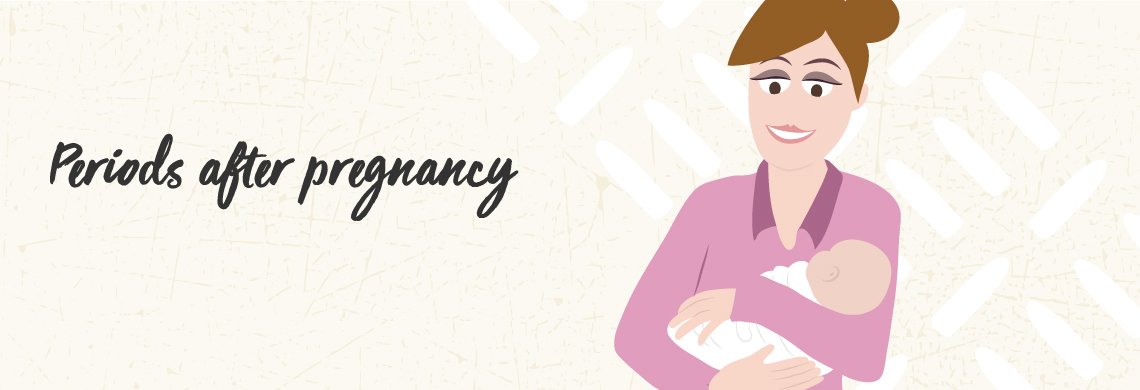
Heavy Periods after Pregnancy
The point at which your periods start again following your pregnancy varies between women. On average, it takes 2 to 6 months, but 9 months to a year is not unusual for many women. It certainly is strange; for years you can virtually set your clock to it and then suddenly, you have no idea what is going on with your cycle. In addition, your periods may be heavier than before. Why is this, is it cause for concern, and more important: what can you do about it?
First period after pregnancy
After pregnancy (and childbirth of course), your body needs time to get back to normal. Your cycle gradually resume. The length of time it takes varies from one woman to another and primarily depends on hormone levels and whether or not you breastfeed. Women who breastfeed produce the hormone prolactin, which is important for producing breast milk, but also suppresses ovulation and formation of the endometrium (womb lining) in preparation for a fertilised egg. This can mean no periods for months. It’s perfectly normal and there’s nothing to worry about, your periods will return eventually. As a rough guide, your cycle will return to normal about 3 months after stopping breast-feeding.
A new normal?
In many cases, your first period after childbirth is somewhat heavier than usual. Your periods may also be different: more irregular, or conversely, more regular than before. This is completely normal, as your body needs time for your cycle to recover completely. This may take a few months after they restart. However, if your periods remain much heavier than before, something may be wrong. Your hormones may be out of balance after your pregnancy, or remnants of the placenta may have remained behind in your uterus. In addition, hormones can cause polyps or fibroids to develop. In any case: there is a treatment for virtually every cause.
When should I get checked?
To cut a long story short: if you’re living your life around your periods or you’re concerned about your symptoms, it’s time to get help. Sometimes a coil or the Pill can help. For women who are not planning further children, an endometrial ablation might be suitable or for women with fibroids or polyps as hysteroscopy could be an option. In summary: the treatment depends entirely on the cause.
Not convinced?
If your periods continue to be heavy and they’re not ‘settling down’, make an appointment with your GP. After all, it’s better to be safe than sorry.




